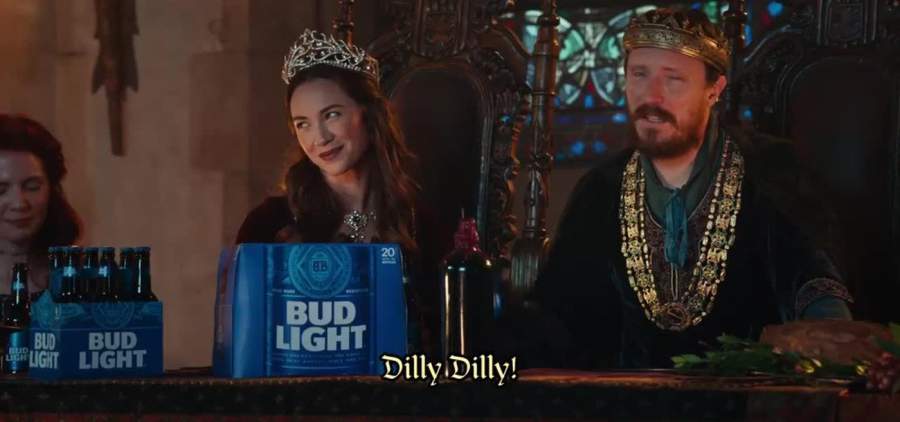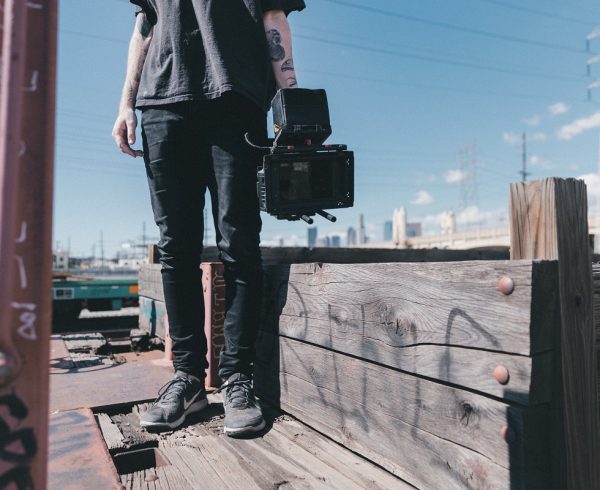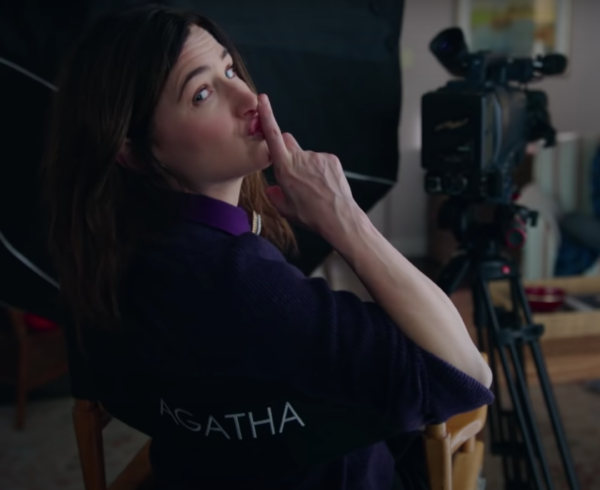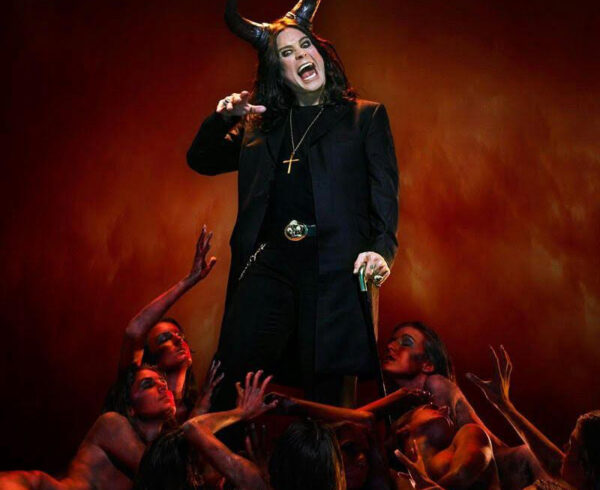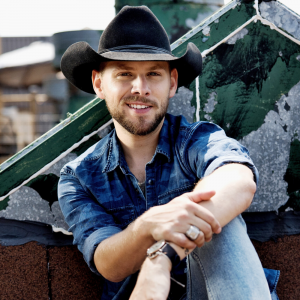Sometimes a commercial appears that both shatters a paradigm and creates a popular meme that truly sticks. The genius is undeniable but extremely hard to manufacture from a formula. It just works. Think of “I’d like to teach the world to sing,” “Where’s the beef?”, “Mikey likes it!”, and “Do you have any Grey Poupon?” All these were huge cultural moments that managed to achieve what advertising is supposed to achieve: brand recognition, pride in consumption, affirmation of cultural identity.
We had another one come to us in 2017. It’s Bud Light’s “Dilly Dilly” commercial that first ran during an NFL game.
I ordered a Bud Light at a random bar in Chicago this weekend. The bartender said “Dilly Dilly” to me and I said it back and we smiled and moved on. When I was speaking the previous day, I kept a Bud Light on the podium and, at some point, held it up and said “Dilly Dilly” and half the audience lost it (while the other half was just lost).
Let’s examine what makes this commercial genius. As Americans we love art that flips class caricatures and plays with the mobility of class status. This is a signature of the national culture, an extension of the idea of freedom. We love to see the high go low and the low go high, and laugh at the irony – and the reality – of it all.
This is the cultural feel explored in this commercial.
People Rule
It opens with a “Games of Thrones” scene from some vague European past, though the stained glass in the throne room suggests perhaps 15th century. There is a ruling family sitting at the head table, a man in charge and his queen and a servant of the crown. The music in the background is some tooling-around wood recorders we vaguely associate with throne rooms from the period.
The first person approaches the crown and he is addressed as “Sir Jeremy,” so apparently we are in England. But there is something odd here. The gift brought to the crown is a six pack of Bud Light! Immediately the king (or whatever he is) says “You are a true friend of the crown.” Everyone toasts by raising a Bud Light the strange and ridiculous toast: “Dilly Dilly.”
The next person to approach the crown is a woman but she has a 20 pack of the same. She is declared to be “an even truer friend of the crown,” because, of course, more Bud Light is always better than less. Then the toast happens again: “Dilly Dilly.”
The next person is a snobby hipster with an affected way, that guy who loves craft beers and always has more knowledge and drinks something better than you. He is dressed in courtly clothing of the highest order, like St. Thomas More. He brings a single bottle of something with a wax top. He says: “this is a spiced honey mead wine that I have really been into lately.”
We know this dude! He only drinks the best and only the most obscure. Until you have had his latest passion, you are just a loser, maybe even someone who drinks cheap domestics!
But as we can see, something is upside down in this land. The people (and their tastes) are now in charge. It is not the finely dressed fuss buckets who prevail, with their pretentious and rarefied tastes. No. Now real people rule, with down-to-earth practicality. And these rulers are not so keen to celebrate elitist affectations.
The man asks if he can have a Dilly Dilly. The king stares disapprovingly.
The Pit of Misery
Instead, after a long silence, the king says: “Please follow Sir Brad. He is going to give you a tour of the Pit of Misery.” And the man is dragged off – to the cheers of the audience.
When I first saw this, I laughed so hard to the point of nearly crying. This one ad brilliantly calls out the snobbery of craft brew culture and all the pomp that goes with it. Nowhere does it make a direct pitch for Bud Light. It just says exactly what we think but never say: Bud Light is a people’s beer, and that’s just fine because now the people rule.
So embedded in this commercial is a bit of the story of the rise of capitalism itself. It was the marketing principle that flipped history. No longer would the elite of the past determine the tastes of the kingdom and the way resources would be used. There would be mass production for the masses of people. It was a revolution in history, and one that would never stop.
And from a marketing point of view, this commercial deals directly with Bud Light’s real competition in the craft brew industry, which is making inroads by the day. Bud Light obviously cannot claim to have a better product. And guess what? Everyone knows that. Everyone knows what a Bud Light is: it is a beer-like drink that is watery but let’s you drink a six pack in an evening without any great disaster the next day. Sorry snobs, but the people like this feature.
No More Cowering
But how do you advertise such a thing? How do you make it a thing to be proud of? You put on display a world in which the people rule and they are proud of what they do and what they consume. No more hiding. No more cowering in the face of the power of the elites. No more of this feeling of intimidation that comes from being surrounded by people who claim to be better than you.
In this game of thrones, it is the people who are in charge. Dilly Dilly! And that meaningless slogan: how preposterous! But guess what? You kind of want to say it. You want to order a Bud Light and feel entitled to say that extremely silly thing.
Then there is the follow-up commercial, which takes us to the Pit of Misery, where people are on racks, hanging upside down, and living in cages. A former inmate shows up with the greeting “Dilly Dilly.” He passes out Bud Light to everyone there. There is some banter and it ends.
And this is why we love advertising. The best of it comes to define the times.
Of course the commercial makes absolutely no sense unless you are in on the joke. If you are in the know, you are starting to get the sense of a whole world in which the tastes and habits of regular people have become the prevailing cultural sense. No more T.S. Eliot and his top-down cultural impositions. It is the people and their consumption and spending habits that prevail, the old-world ruling class be damned.
Of course there is something not really true about the whole ethos here. In the real world, it is the local craft brews that broke the monopoly control of the old-world domestics, to add some free-market competition to a stagnant industry. And that makes this ad even more special, with Bud Light trying to recapture the legitimacy of its dominant market position. It’s not easy but this ad does it.
And this is why we love advertising. The best of it comes to define the times. It deserves the title art, perhaps not “high art” but an art designed to achieve that remarkable thing: persuade you and me to enter into a trading relationship with a producer. In this case, it works, so I say to you “Dilly Dilly.”
This column originally appeared at The Foundation for Economic Education, and is republished by permission.

